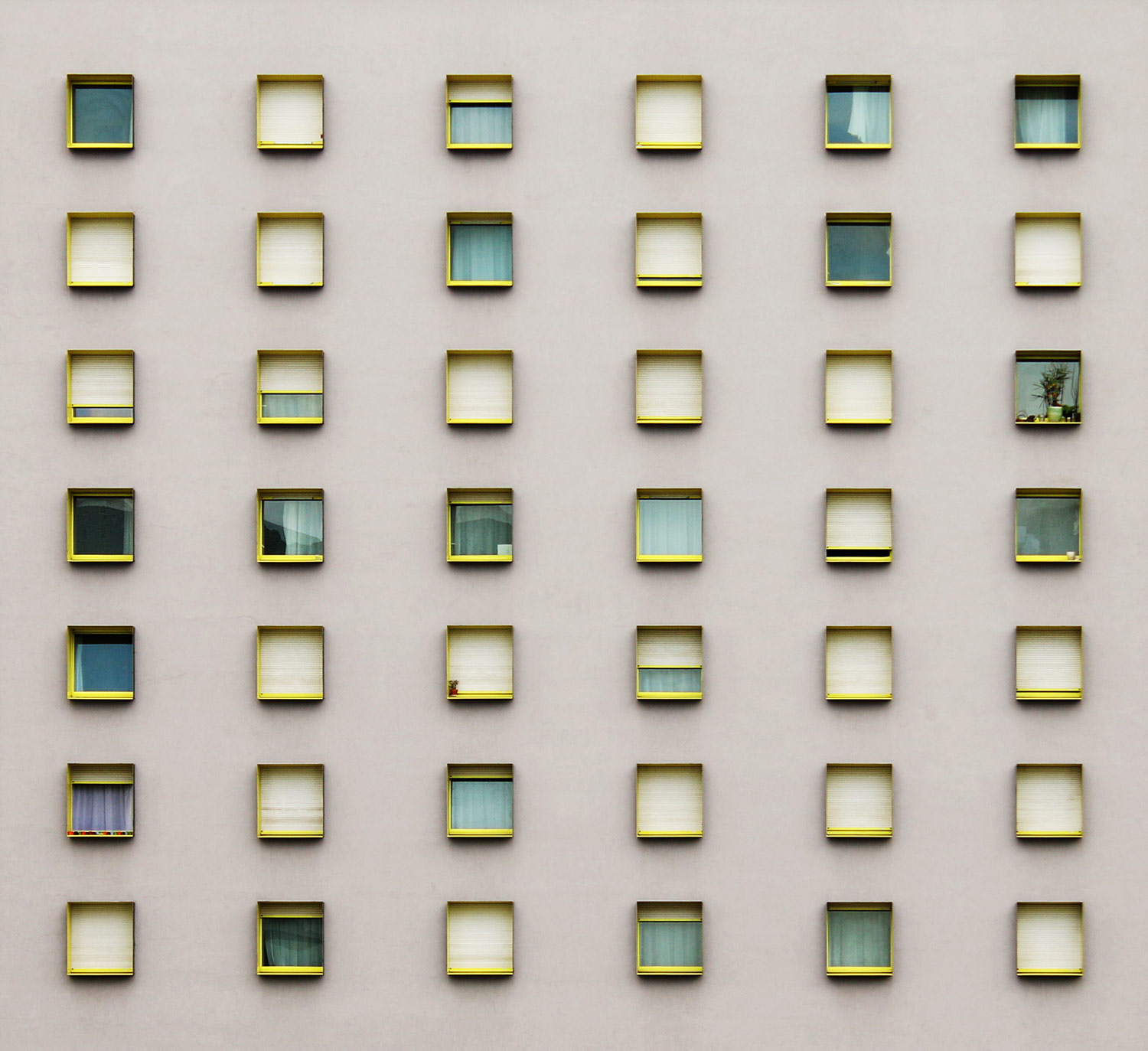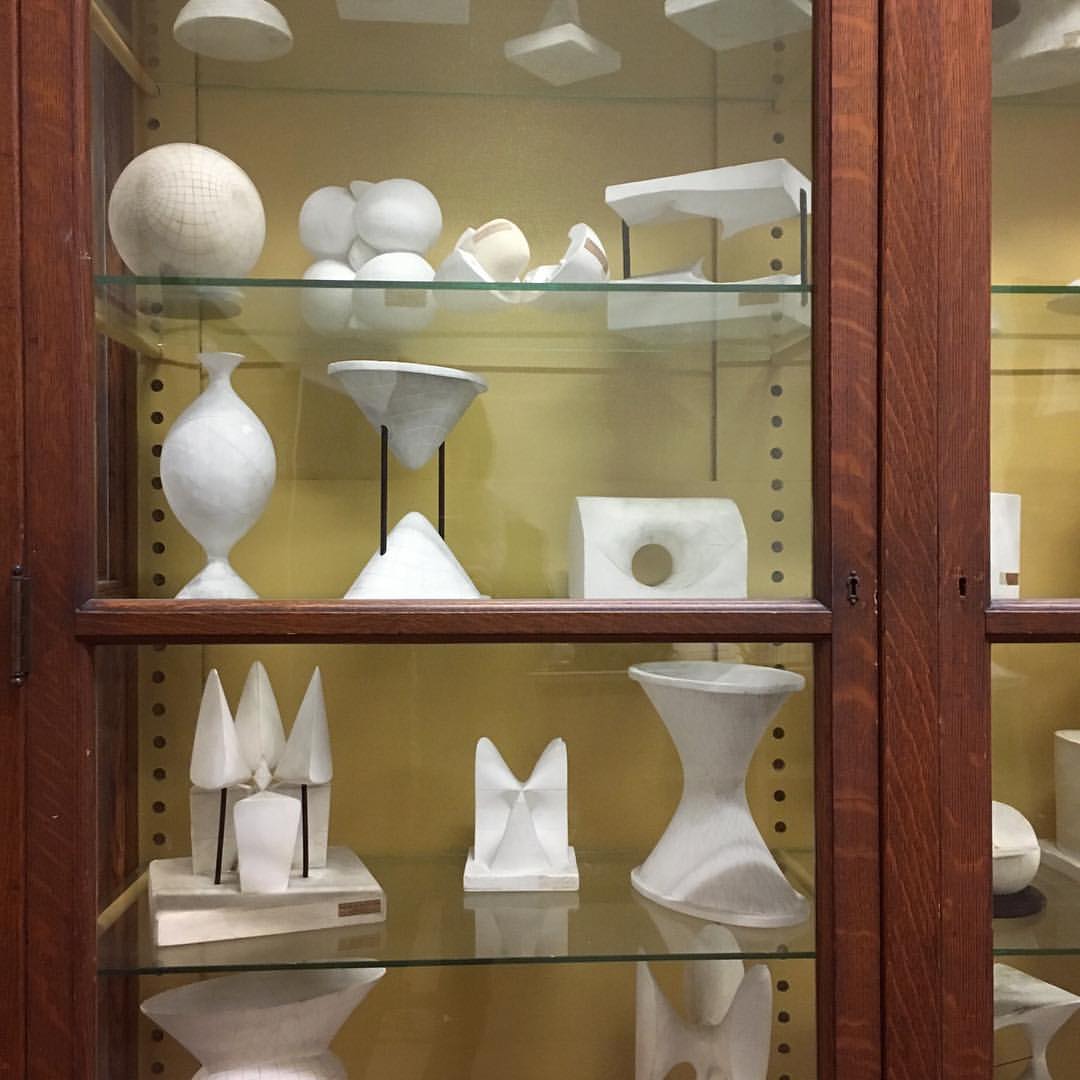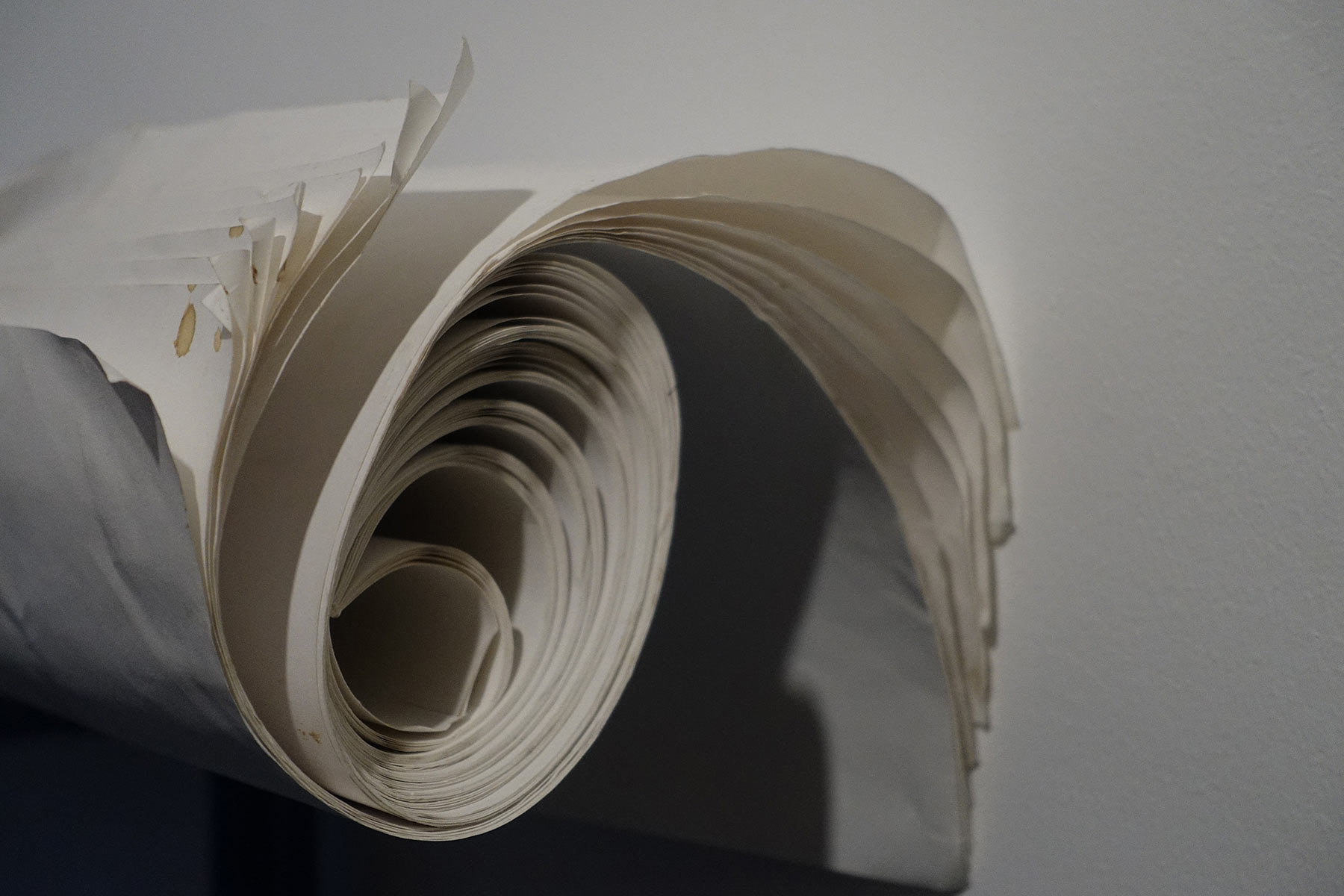“Freedom makes a huge requirement of every human being. With freedom comes responsibility. For the person who is unwilling to grow up, the person who does not want to carry his or her own weight, this is a frightening prospect.”
“Freedom is never voluntarily given by the oppressor; it must be demanded by the oppressed.”
“It is difficult to free fools from the chains they revere.”
“The only way to deal with an unfree world is to become so absolutely free that your very existence is an act of rebellion.”
Between stimulus and response, there is a space. In that space is our power to choose our response. In our response lies our growth and our freedom.”
If you have worked in any organization, you have probably heard the implicit message of “get along, go along,”
i.e., if you want to be successful around here (or avoid being harassed, ostracized, or worse), then you better “stay in your lane” and abide by the unwritten rules of the group.

Fit in or be fixed.
This idea has deep and ugly roots. For example, think about the indigenous children who were taken from their homes so that their language, customs, behaviors, and beliefs could be erased and replaced with WASP (and Catholic) ideology. And, of course, survival in slavery meant conforming to the rules imposed by white plantation owners. More recently, we have seen (and are still seeing) LGBTQ people being coerced into conversion therapy to “fix” their “problem.”
While these examples are all egregious, there are many other subtle ways to “fix” people or to get them to “fit in” to an imposed set of norms or expectations. As children, we all experienced the pressure to fit in at some level. And we can all remember hearing platitudes like “Children should be seen, not heard”; “Smile when you greet someone”; “We don’t do that around here”; “In this house, we go to church every Sunday.”
Now consider another familiar saying: “You can’t fit a square peg into a round hole.”

 Might it not be possible that neither the circle nor the square is the wrong shape—they are simply different?
Might it not be possible that neither the circle nor the square is the wrong shape—they are simply different?
And, isn’t the world richer with circles, triangles, squares, pentagons, hexagons, and octagons?
Just sayin.
As is my custom, I searched for Fix, Fit, and Free to see if someone had already written about what I was thinking about. A book on weight loss by Roy Williams, titled Fix and Fit, came up as a result. I didn’t read the book, so I’m not making any judgments, but the title made me think about how social media has created idealized images that we should be striving to fit into. Many of the “models” of these shapes and sizes are people who have serious eating disorders and who don’t typically look very happy. Still, we try to fix our bodies so that we will conform to the norm and fit in, no matter how abnormal.

Conforming to physical norms, however, is only the tip of the iceberg.
How about the emotional norms that tell us to suppress negative emotions, or the intellectual norms that keep us from being too provocative or from asking hard questions?
Most of these norms revolve around suppression and expression. We are told to suppress instead of express until all of those repressed feelings and thoughts express themselves in unhealthy ways, i.e., drug use, suicide, sickness, anxiety, rage, hate, and fear. Not exactly the expressions that lead to a healthy life or planet.
So what should we do to break out of the normative prisons and free ourselves to be who we are?
Should we all express whatever we are thinking and feeling in whatever way we feel inclined? No, that’s a sure path to violence, vengeance, and volatility. And yes, there are good reasons for groups to establish shared values and norms. I’m not advocating nihilism, narcissism or negativism.
 I’m simply living in the question of what it means to be free AND restrained.
I’m simply living in the question of what it means to be free AND restrained.
For an in-depth analysis, I highly recommend On Freedom by Maggie Nelson, a norm-breaking and genre-busting writer defying classification. She has published works on art, feminism, queerness, sexual violence, philosophy, and poetry. I had the pleasure of meeting Maggie last year, and I was struck by her brilliance and humility, as well as her courage to live her life and to publish her works that push society’s buttons and norms. I was truly awestruck.
Ten years ago, I wrote my first post on freedom in which I discussed my first real encounter of what it means to be free.
It was based on my experience in Vietnam in 1968, where my provincial views of the world suffered jarring shocks.
Talk about “fixing” something (Vietnam) that didn’t need to be fixed and not exercising appropriate restraint. Two years ago, I wrote another post on freedom that addressed the perils to freedom in the 2022 midterm election. Lord knows, those perils have not subsided in 2024, but I’m not going there in this post. I simply want to discuss what it means to be free and to identify some of the barriers to that goal.
Eleanor Roosevelt suggests that freedom comes with responsibility and that we need to carry our own weight. Her definition defuses the fear that advocating for more freedom will lead to anarchy. I agree that freedom means truly growing up.
Martin Luther King Jr. reminds us that freedom must be demanded by the oppressed. The oppressor will never freely give up freedom. I think we can demand that freedom for ourselves and from others. Sometimes, we are our own worst oppressors.
Voltaire states provocatively that fools actually revere their chains. While we know about Stockholm syndrome, I’m more inclined to think that it’s fear rather than reverence that keeps people bound to others AND to old ways of thinking, feeling, and acting.
Camus challenges us to become absolutely free as an act of rebellion. Ahh, I love Camus. I think our existence can indeed be an act of rebellion, AND the real purpose is to experience the joy and love and power that come from freeing ourselves from limiting beliefs and norms.
And finally, Victor Frankl argues that we can create a space between stimulus and response that empowers us to choose growth and freedom over robotic reactions to daily demands. To me, it’s in those moments that we get in touch with who we really are and begin to realize some of our possibilities.
I don’t know what beliefs were ingrained in you or what behaviors were imposed on you but I’m fairly confident that you have been deeply impacted by the culture in which you were raised and the conditions of your particular family. Only you can assess the impact of culture and conditions on who you are. Those impacts certainly influenced who I am today.
Over the course of my life, I’ve experienced many attempts to be “fixed” and many pressures to fit in.
My career journey is a good record of those failed attempts.
In seven starts, I never lasted more than two years in a single job, whether it was a jail, an institute, a hospital, a consulting company, a telecommunications firm, a health care conglomerate, or a technology leader.
Yup, I have worked in rehabs, non-profits, multihospital corporations, global communications behemoths, mid-size bio-techs, and large high-techs.
In each case, I resisted being locked up or locked in and fled to another pasture. I ended up forming my own company, Possibilities, Inc., which perfectly fit my needs to be free from smothering norms and expectations.
I’m still trying to live my life in possibility. The choices I made, while causing great stress for my family, gave me the opportunity to express myself as I wanted, even though that choice came with the responsibility to deal with the uncertainty of never knowing where or if the next paycheck would come.
What I learned from my experience in over 200 organizations was that the most effective way to achieve desired outcomes was to free exemplars.
Don’t try to fix them. Don’t make them fit into established cultural norms. Give them the freedom to innovate and leverage their unique skills and genius. The key, however, is to make wise decisions about which people to free and which people to keep in their lanes. You can’t free everyone to do their thing, and there aren’t that many exemplars who typically emerge in any organization, particularly ones with a strong moral compass. Sadly, what I have observed, is that the true exemplars usually get crushed by the culture or by controlling managers who are threatened by people smarter than themselves.
What I learned from my 50 years of experience exploring, reading, and being mentored is that the most effective way to achieve our individual growth goals and fulfill our personal purpose is to create a new FLOW: Free, Loving, Open, and Welcoming. Here’s a poem to summarize my prescription:
Free yourself from past trauma or cultural conditioning
That made you believe that you were:
Not good enough
Not smart enough
Too different
Too bold
Unworthy
Free yourself from the protective shields
That left you feeling:
Numb
Closed
Defensive
Separate
Shriveled
Lost
Less than you are
Love yourself for the person you are
And the person you can be, so full of:
Joy
Power
Compassion
Kindness
Wisdom
Open yourself to possibilities
That fill you with purpose and enable you to:
Discern
Care
Blossom
Grow
Initiate
Accept
Forgive
Welcome the abundant love and energy from the universe
That comes from believing you are worthy to:
Be embraced
Share
Speak up
Radiate
I’m hoping organizations will choose the right people with boundless skills and a grounded moral compass who will make the right decisions to get the world on a sustainable growth path. And I’m hoping that, as individuals, we are able to create a new FLOW: Free, Loving, Open and Welcoming. To me, that’s what it means to be free. May it be so.
Also published on Medium.




Love it! Thank you Ricky